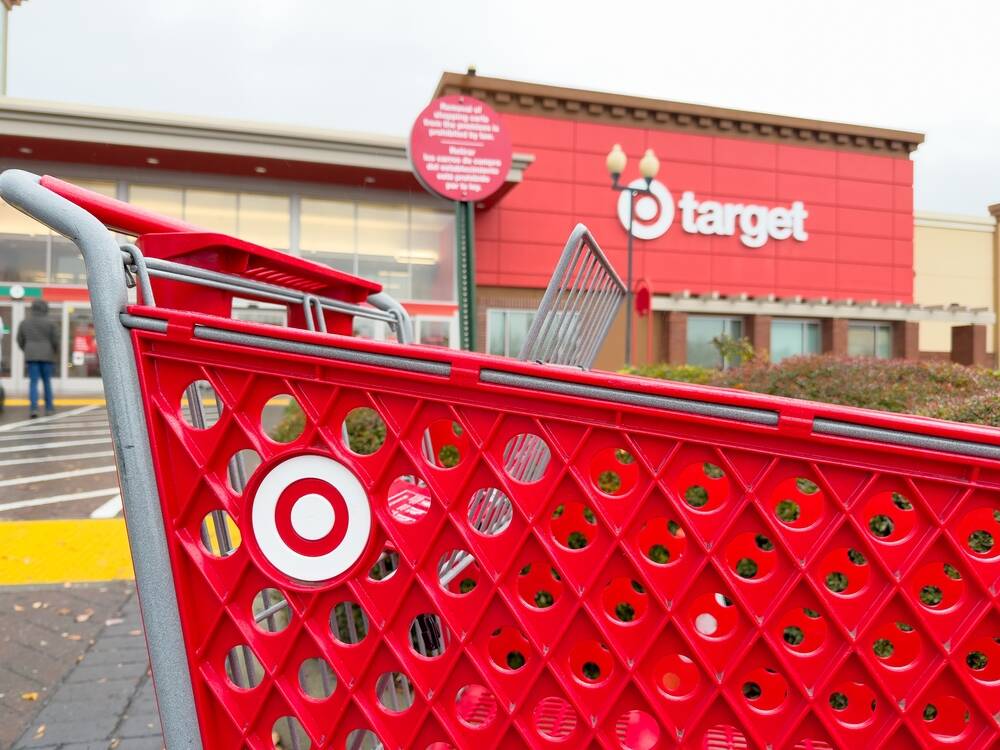When you have all those bills and subscriptions that need to be paid, it’s much easier to lose track of your expenses. Hidden costs could work their way into your payments and instantly catch you off guard. Truth be told, there are so many costs you need to watch out for when it comes to bills, from all the service fees you need to pay to various add-ons. That’s why we thought it might be a smart idea to take a closer look at all those hidden fees and see where you might get caught out. Let’s see where you stand:

How to identify hidden costs
Hidden costs are all the expenses that aren’t out there in the open, but they might still have a significant impact on your overall budget. They might catch you off guard and then leave you with bigger bills than you initially thought.
For instance, if you’re planning to buy a car, you might need to factor in the taxes, the cost of insurance, fuel, and maintenance. Also, if it’s the first time you’re renting a home, it won’t be as simple as just paying your rent.
You might often have to pay a deposit, too, which is usually a month’s rent paid up front. You will also have to consider gas, electricity, the internet, the council tax, and many other things. While it’s true that some hidden costs are fixed, others could wildly vary, and it all depends on your lifestyle (such as gasoline and groceries). It’s very important to be fully aware of the potential costs you might have to pay every month and plan accordingly.
Probably one of the most efficient ways to avoid being surprised by hidden costs is to talk to someone who has had a similar experience. They already know the costs that you might stumble upon, and they guide you accordingly with the expenses you might have to pay. And the minute you become aware of the potential costs, you can easily budget for them. It’s also recommended to track your spending for a couple of months and check all your receipts.
Look out for additional service fees, charges, or anything at all that you don’t remember spending in the first place. It will give you a better idea of where your funds are going and what expenses you’re paying on a monthly basis. Also, you’ll have the option to think about whether there’s anything to be done in order to avoid this. If not, you will simply adjust your budget to account for any of those costs.
How to avoid hidden fees and hidden subscriptions
Even if your phone bill seems like a simple monthly statement, it might actually be a bit more complex than that. Besides your basic service charges, your bill could include all kinds of hidden fees and subscriptions.
All of these fees might add up rather quickly, so it’s highly important to spot where they come from and how they are calculated. One of the most common types of hidden fees is known as “service charges”. Basically, your service provider charges you for the access you’re granted to their network or customer support.
Of course, these charges vary, so it’s important to check them and see if they’re fair. Another relevant type of hidden fee is the “recurring subscription”. This means that they charge you every month for all kinds of things, from premium service to content.
I’m going to give you the best example: so many parents sign up for a subscription to a particular app that their children want, and as it often happens, then there’s another app, and then another one… which leaves the parents with numerous subscriptions they forgot about!
Even more, some of these subscriptions could be optional, as others might want to use certain features on your phone. You need to understand how those features work, as it might save you in the long run.
These hidden fees will add up faster than you think, so it’s very important to be fully aware of them next time you’re reviewing a phone bill. If you know exactly where your money goes, you will manage to keep track of your monthly costs. If you feel you could use additional information, you could always contact your service provider and find out if you’re supposed to be charged a certain amount of money.

Expensive subscriptions to dating apps
They say love has a price, but you still need to know how much, right? Well, some dating apps were built to cash out on your feelings, so to speak. Many of these apps will charge you a hidden fee for various things, such as extra likes or profile views. In fact, some dating apps might even require a monthly subscription fee, which might empty your pockets, while other apps might require a fee for every message or view.
Paying more for extra storage
You might not be aware of the fact that you’re paying extra for some virtual storage on your phone. Oftentimes, this is nothing more than a small payment that usually comes out of your account every other month, but it might rapidly add up.
Most companies will probably try to sell you this service so you can save money on your phone or your computer’s hard drive space. In reality, you don’t have to pay that money, as you could easily delete those old photos that you don’t need anymore or go through older messages to clear up your phone’s space.

Upfront payments
Upfront payments might leave you spending more money than you initially thought. These costs are usually added to the entire cost of a product or service at the end of any payment process instead of simply being listed as a separate expense.
For instance, you could be quoted a price for a car without the down payment, or you could be asked to pay the down payment separately. Well, in one of these cases, it might be more difficult for you to compare the prices and know exactly how much you’re spending.
Usually, upfront payments could be hidden in many different ways, like being rolled into the monthly payments for a lease or even a loan. Make sure you ask in advance about all the needed upfront payments before you agree to anything. This way, you’ll be able to know exactly how much you need to budget, and you’ll also avoid overspending.
Foreign transaction fees
You’re on vacation across the ocean, and you’re having the time of your life, so it’s only natural that you whip out your credit cards without thinking too much. Well, you shouldn’t do that. It seems that while you’re traveling abroad, your credit cards will add up to a 3% fee on top of your purchase.
This is known as the foreign transaction fee. If you have the option, it would be better to avoid paying such a pesky fee by using cash or a credit card that doesn’t charge you any international fees.
Sneaky hotel fees
I need to warn you about this: If you open that minibar in your hotel room, it’s at your own risk. Even if they might present you with a price list, they might charge you for shifting the items in the bar as well. Also, ordering extra towels might cost you a couple of bucks (or sometimes a couple more). That’s why it is a smart idea to ask about any additional fees before using anything in a hotel room. Just to be safe.
If you found this article useful, we also recommend you read this: Did You Know? These 10 Stuff in Your Attic Can Make You Rich!








